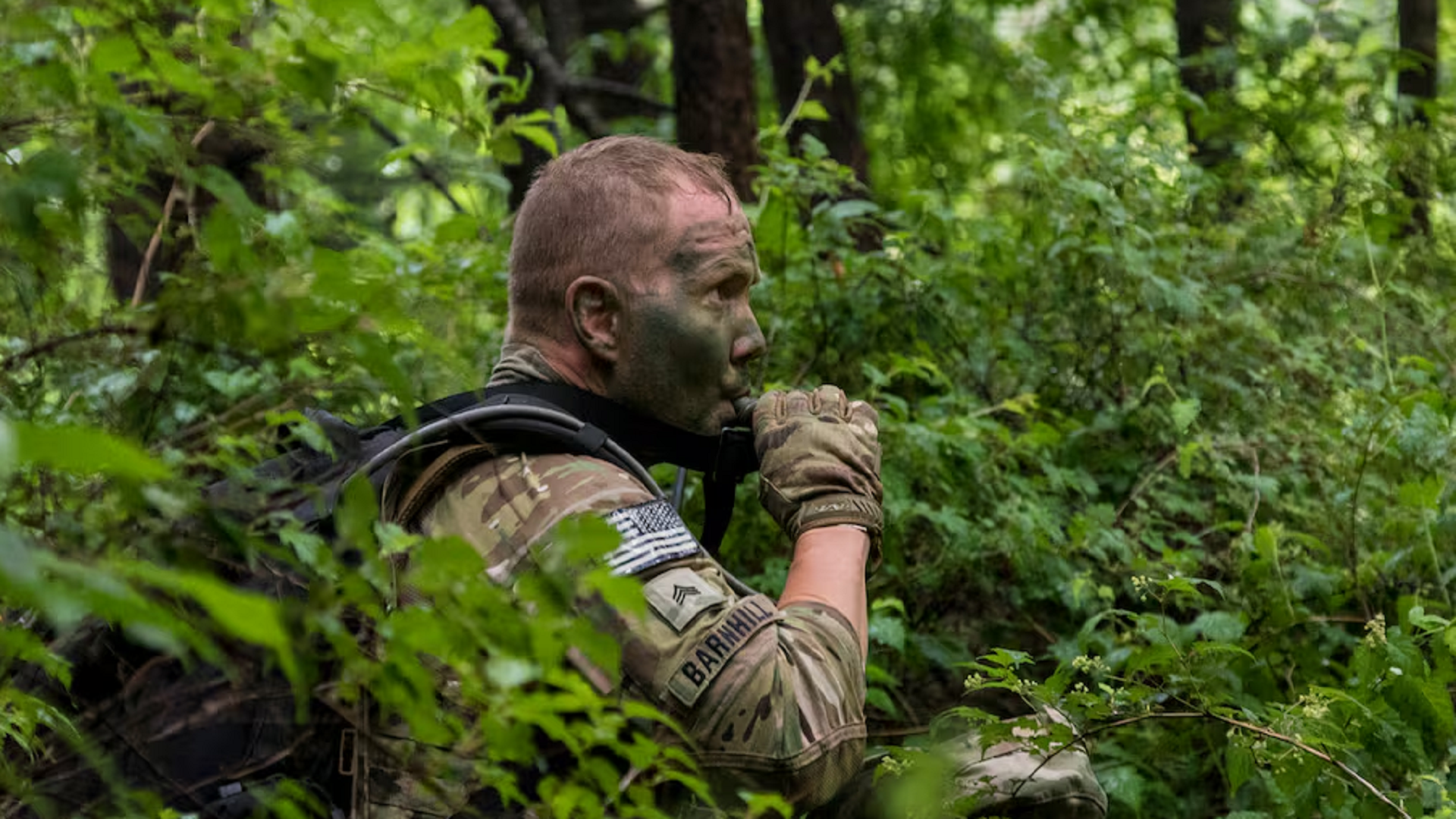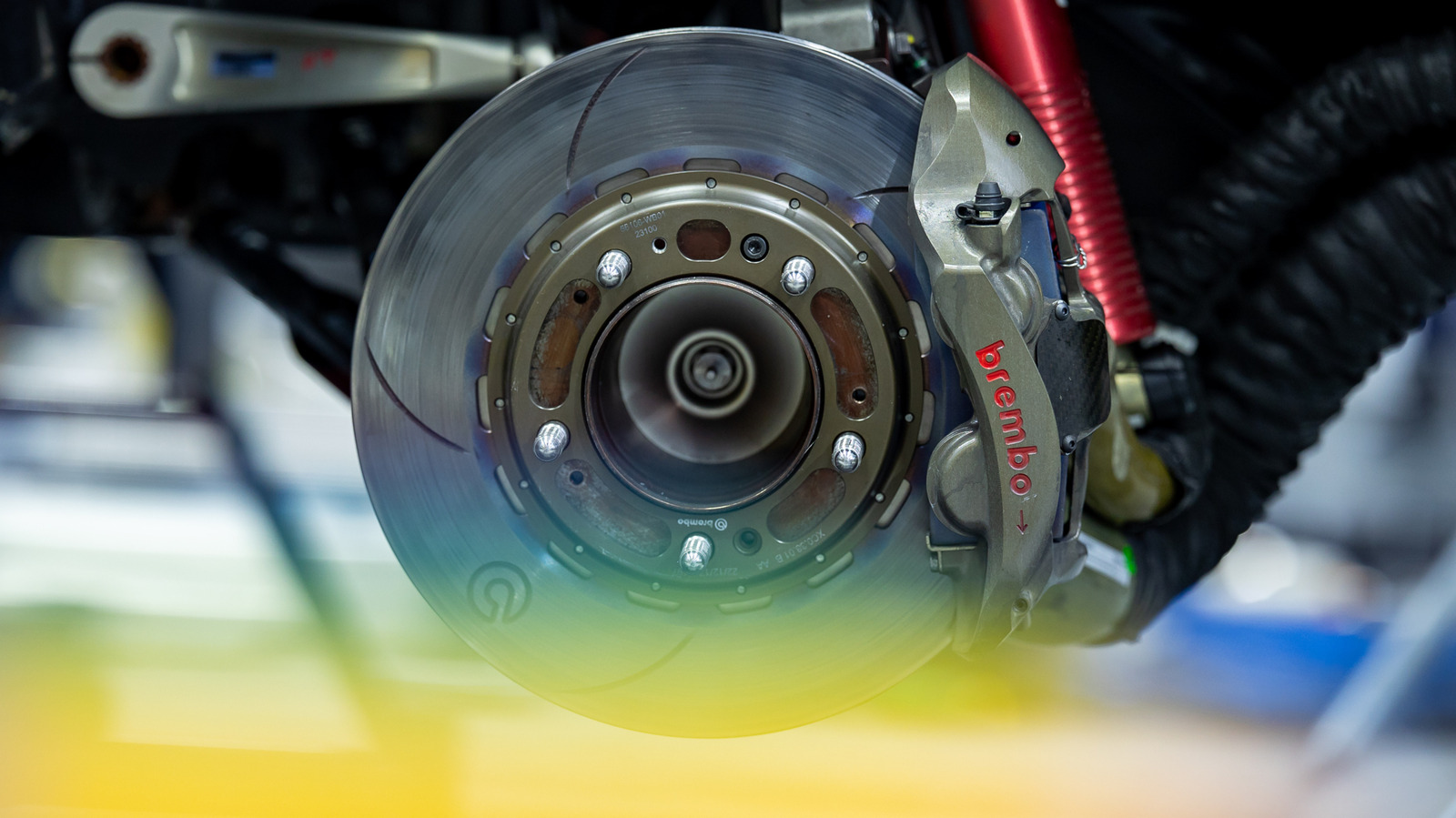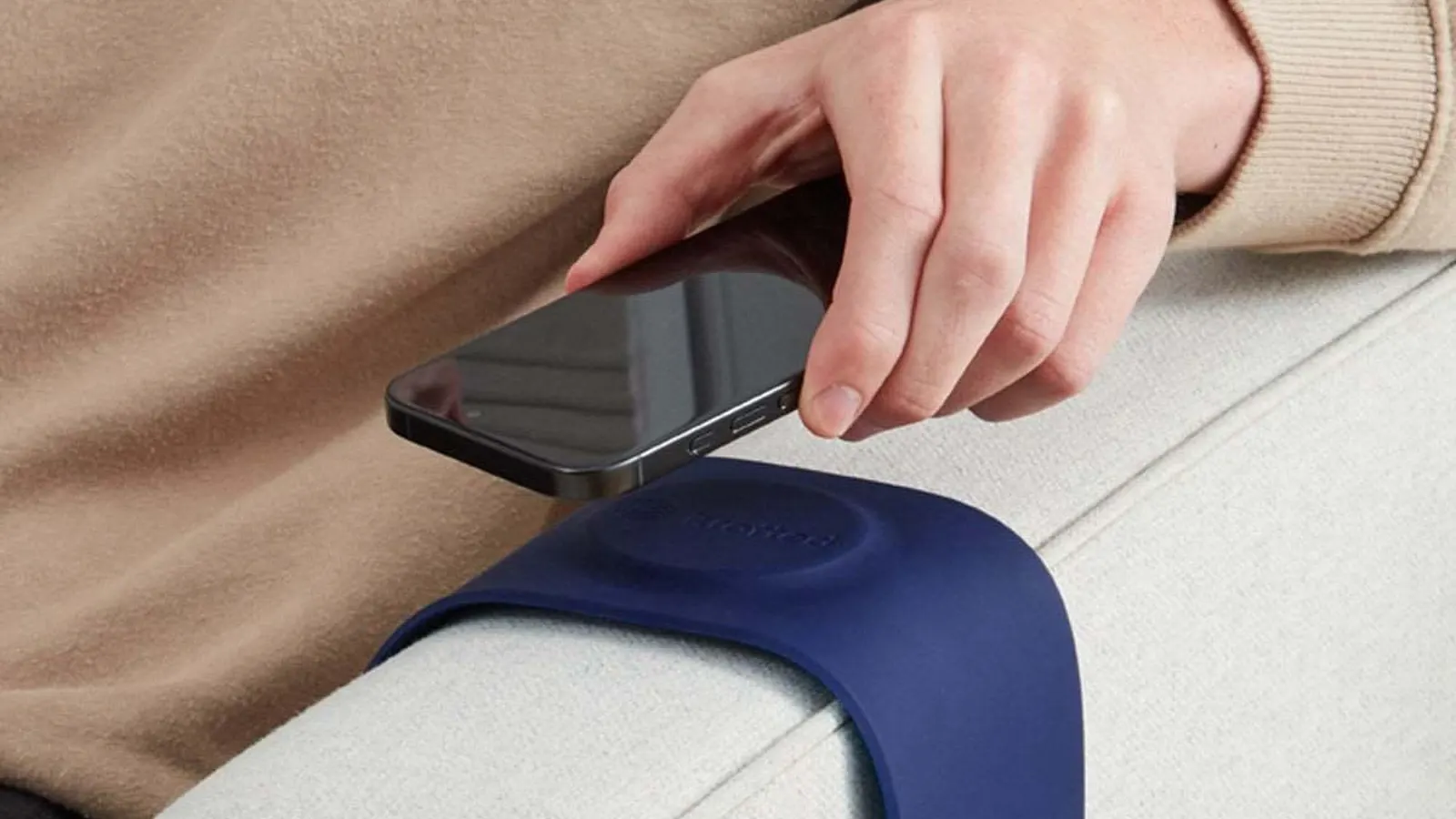Copyright Interesting Engineering

The US Army has partnered with a global sustainability transition company to develop a new technology that harnesses waste heat to produce clean drinking water from thin air. For the project, the US Army Engineer Research and Development Center (ERDC) signed a three-year Cooperative Research and Development Agreement (CRADA) with Montana-based AirJoule Technologies on October 7. The initiative was created in a bid to revolutionize future military operations while at the same time, making them more self-sufficient, resilient, and better equipped for different challenging environments. It will explore how waste heat from tactical generators can be repurposed to produce clean drinking water directly from the air. The solution could possibly redefine how troops access water on the battlefield. Turning heat into water The joint effort combines RDC’s expertise in field-ready energy systems with AirJoule’s patented atmospheric water generation platform that captures and condenses moisture from ambient air. According to AirJoule Technologies, unlike traditional dehumidification systems, the technology uses advanced sorbent materials that efficiently absorb water vapor even at low humidity. Once the sorbent is saturated, the chamber is sealed, and a vacuum combined with waste heat triggers the release of the trapped vapor. The vapor then condenses into liquid water inside a vacuum condenser. The firm explained that by running capture and release cycles simultaneously in separate chambers, the system reuses internal heat, making the process highly energy-efficient. When paired with the US Army’s waste-heat recovery units, the system could potentially supply soldiers with safe, distilled water without the need for fuel-intensive logistics or vulnerable supply lines. “This agreement between ERDC and AirJoule Technologies marks a significant step forward for integrating our AirJoule technology platform into real-life use cases to benefit the U.S. military,” Matt Jore, AirJoule Technologies chief executive officer, stated. From waste heat to clean water For the military, generating water from thin air provides a very significant strategic advantage. Traditional water resupply missions often expose personnel to risk and require extensive fuel and transport resources. As per the US Army, a field-deployable system capable of turning waste heat into hydration could reduce both fuel consumption and logistical vulnerability. What’s more, it could also provide troops with consistent access to safe drinking water in deserts, disaster zones, or conflict areas. “AirJoule can operate in a wide range of environments, particularly when surface water and ground water sources are unavailable or contaminated,” Jore pointed out in a press release. ERDC, which is known for tackling some of the Army’s toughest challenges in engineering, water resources, and environmental science, sees this collaboration as a pathway toward future battlefield resiliency. The agency’s research will now test how AirJoule’s sorption-based technology performs under diverse environmental conditions and how it integrates with existing military hardware. If successful, the partnership could inform the design of next-generation water systems for both defense and humanitarian missions. “We believe this collaboration will help secure a reliable source of pure water for our troops, and we’re excited to work with ERDC on this research initiative,” Jore concluded.



